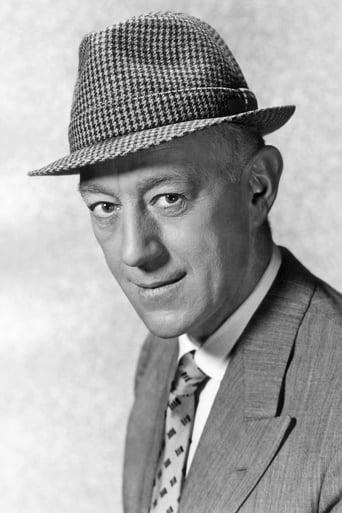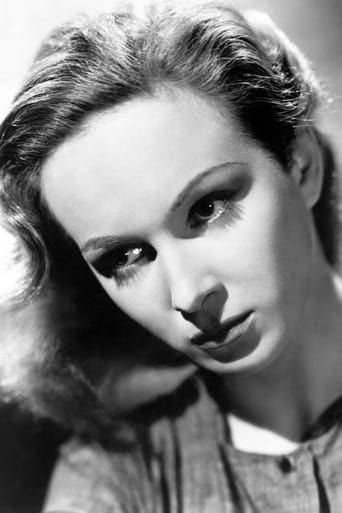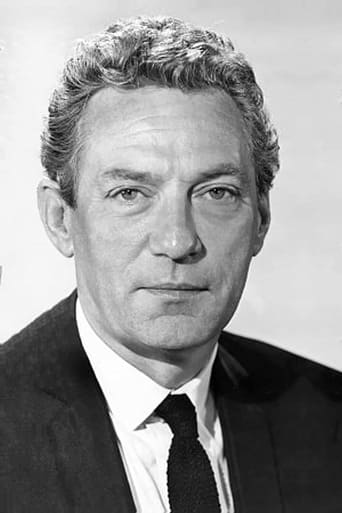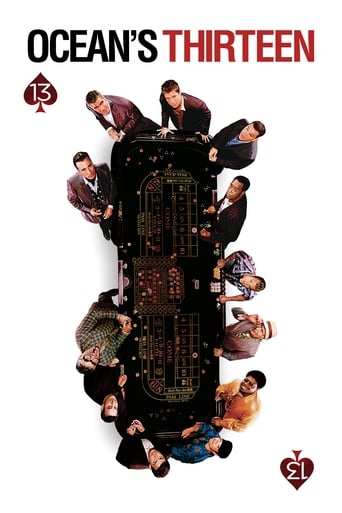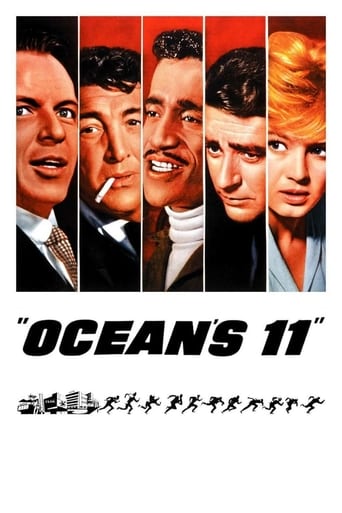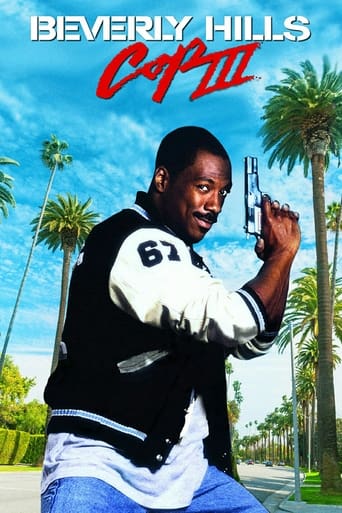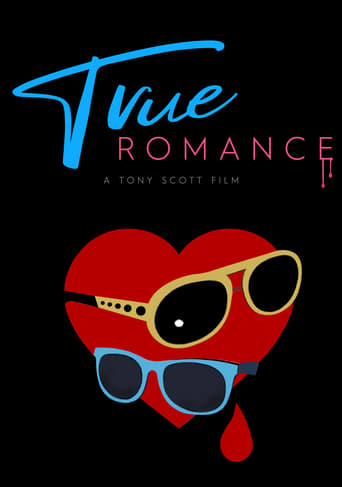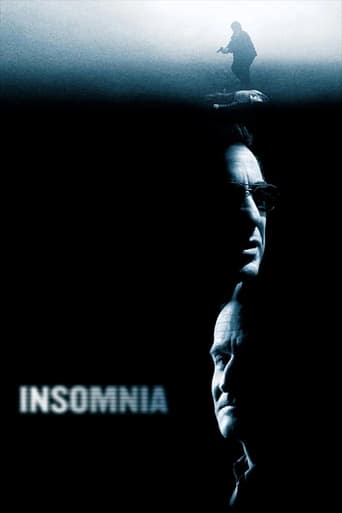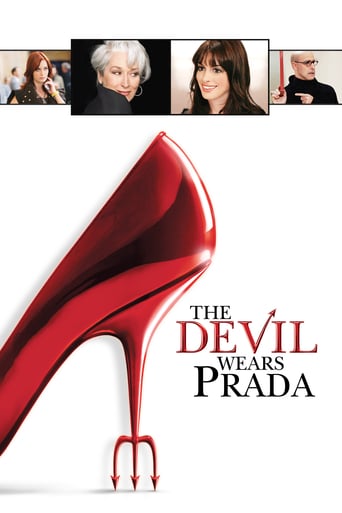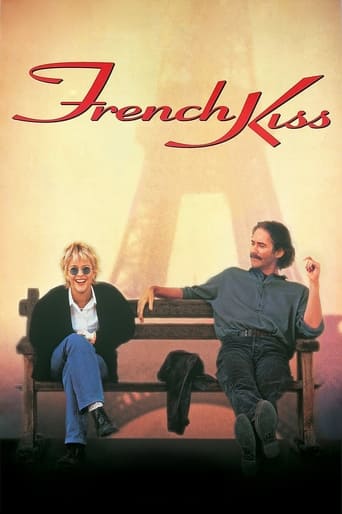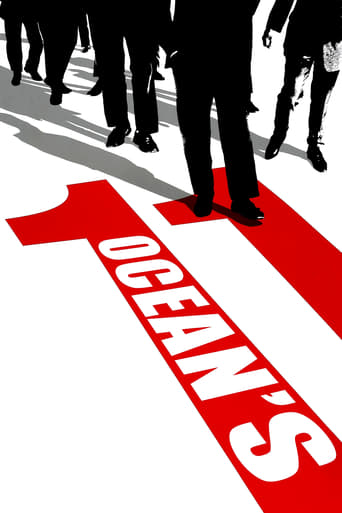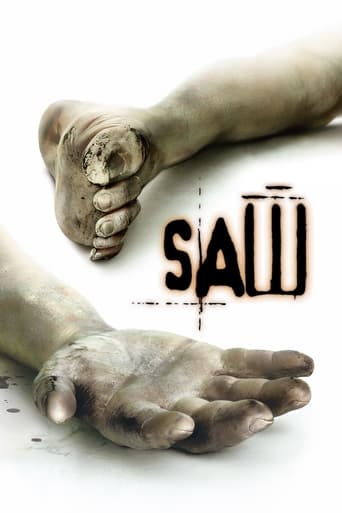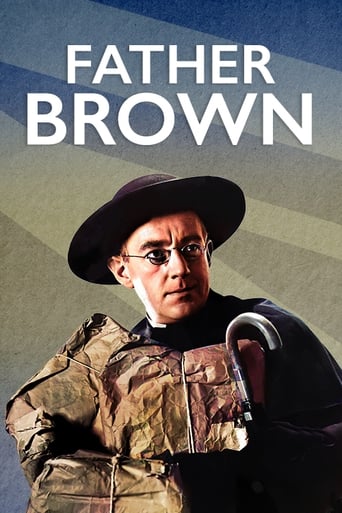
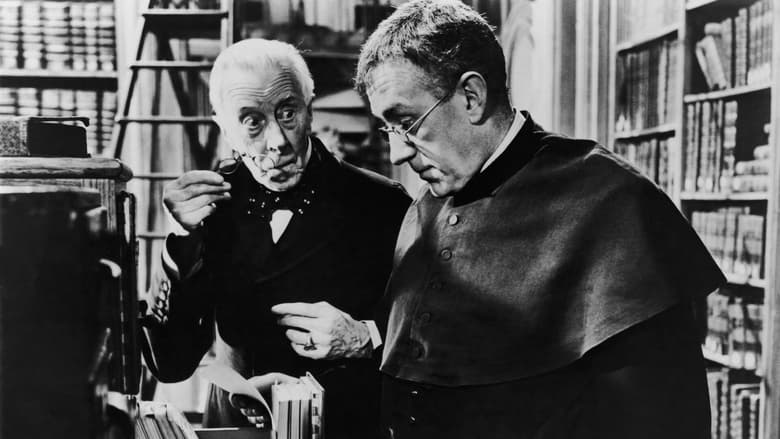
Father Brown (1954)
Works of art are disappearing, stolen by a master thief, a master of disguise. Father Brown has two goals: to catch the thief and to save his soul.
Watch Trailer
Cast


Similar titles
Reviews
Wow! Such a good movie.
The Worst Film Ever
brilliant actors, brilliant editing
It's entirely possible that sending the audience out feeling lousy was intentional
Music conducted by Muir Mathieson. RCA Sound Recording. Associate producer: Vivian Cox. Producer: Paul Finder Moss. Copyright 1 September 1954 by Facet Productions Ltd, London. Released through Columbia Pictures. New York opening at the Fine Arts: 1 November 1954. U.S. release: March 1955. London trade show: June 1954. Australian release: 9 June 1956 (sic). Sydney opening at the Lyceum. 8,200 feet. 91 minutes. Cut to 86 minutes in the U.S.A. (Until recently, this superb movie was only available on VHS, but Sony have now released a full 95 minutes version on DVD).U.S. release title: the DETECTIVE. U.K. release title: FATHER BROWN.SYNOPSIS: A master thief has his eyes on the priceless Cross of St Augustine carried by Father Brown on his way to Rome.COMMENT: A delight. True, the screenplay isn't quite as colorfully witty or chock-full of weird surprises as the original Chesterton pieces, (and the long arm of co-incidence in the story line strains — but by no means shatters — credulity in one or two places), but the writers make some pretty ingenious stabs in the right directions. Moreover, the direction is so deft and pacey, there's no time to ponder any trivial inconsistencies of plot or characterization. Plus the movie has been produced on a class "A" budget, with lots of extras milling around in plenty of fascinating sets and real-life locations.Aside from the polished screenplay, astute direction, sprightly music score and appealing visuals, the movie excels in its acting department. Alec Guinness makes a fine Father Brown, every inch as likable — and accurate — as Chesterton's creation, whilst Finch enjoys one of the best roles of his career as the masterful yet quirky misanthropic thief, Flambeau. Supporting honors lie in the hat-tossing hands of such stalwart character players as Bernard Lee, Sid James, Ernest Thesiger, Cecil Parker, John Salew, and Gerard Oury.Oddly, despite its credentials as one of the best British comedies of the year, plus box-office super-favorites Guinness and Finch in the leads, the movie was not successful in Australia. Perhaps the lack of a traditionally boring love interest swayed audiences to give the picture a miss. True, Joan Greenwood is co-starred, but her role is small and colorless.OTHER VIEWS: While the movie has not a great deal in common with Chesterton, does it really matter? On its own terms, the movie is mightily engaging. Not just for its performances, although these are no mean attractions. Guinness makes Brown so deliciously sly, full of almost mischievous humour, whilst Finch's equally appealing portrait of the suave, melancholy Flambeau, Joan Greenwood's charmingly mannered aristocratic parishioner, Sid James' fluent reformed thief, Cecil Parker's lordly bishop and Ernest Thesiger's fumbling master of heraldry, add greatly to the overall merriment. What makes Father Brown such an unalloyed delight is not just the story and the stars — appealingly attractive though they be — but Robert Hamer's stylish direction which — as Penelope Houston points out in her Monthly Film Bulletin review — has such a wonderfully detached, highly civilized air, "the more welcome because, in the British cinema, it is so uncommon."But what more could you expect of the director of Pink String and Sealing Wax, It Always Rains on Sunday, Kind Hearts and Coronets, and The Long Memory? JHR writing as George Addison.
Second screen adaption of GK Chesterton's classic story that has Father Brown taking on Flambeau a notorious thief. In the original Walter Connelly took on Paul Lukas. Here its Alec Guinness taking on Peter Finch and for my money its the better of the two versions I've seen. In th original I found everything stilted and Brown came across as very annoying with an attitude that he was some how better than everyone else. Here Guinness is clearly in charge of the situation, however he never lets anyone think anything other than that they are in control, which he manages to twist so that he comes up on top. Its a winning performance. I think the fact that this film originated in England helps give it the right feel. The film makers clearly understand Chesterton and their film is an enjoyable representation of his story. Very recommended
The thesis of Father Brown is that a good dose of Roman Catholicism will solve all of life's problems. A little proselytizing I don't mind, but this gets a bit ridiculous at times.Some fine actors have played Father Brown over the years, Kenneth More and Barnard Hughes are two good examples. Alec Guinness plays him in this film and does all right by him, but you didn't see any great demand for future Father Brown films.I suppose if you are a committed Roman Catholic it all makes perfectly good sense. It's far more important to catch the thief and convert him to your religion than see he's brought to justice. But that's what were asked to accept here. In fact there is a preliminary story before the main action of the film. Guinness in clerical garb is caught trying to put back stolen articles that one of his parishioners Sidney James had heisted during a robbery.That's the story he gives the local cops and of course this is something that James has confided in him so he can't break the confessional. Now on to bigger game. Master thief Flambeau, played by Peter Finch has stolen a cross that is entrusted to Father Brown and was said to belong to St. Augustine back in the day. But Father Brown is more interested in getting Flambeau to go back to his faith than seeing him brought to justice. So he misleads the cops so he can accomplish his mission.I'm sorry but this whole thing was just too much for me to swallow. Father Brown I'd hate to say it was guilty of obstruction and ought to have been arrested. And he was under no obligation not to reveal anything he knew about Flambeau, the man had not come to him as a penitent seeking absolution and spiritual advice.Author G.K. Chesterton, a very noted Catholic lay person in his day, finds all this very reasonable. Carried to his logical conclusion we should replace all police forces with an army of priests.Guinness borrows from his own Reverend Ascoyne D'Ascoyne from Kind Hearts and Coronets and from Barry Fitzgerald in Going My Way to create Father Brown. Granted though Brown is a lot shrewder than the other two. There's also a bit of Colonel Nicholson in this portrayal. In The Bridge on the River Kwai, Guinness also was playing a character who's rather weird interpretation of the rules caused him to lose sight of what was important in the situation Nicholson was in. Father Brown's an entertaining fellow when he's solving mysteries and making the authorities look foolish. We've enjoyed Brother Cadfael do it in a medieval setting and American audiences liked Father Dowling played by Tom Bosley a few years back. This film should have stuck to being entertaining.
1st watched 10/26/1997 - 8 out of 10(Dir-Robert Hamer): Guiness provides a delightful portrayal of a whimsical Father Brown who plays detective on the side. Despite slow spots in the story, the portrayal and determination of Father Brown to get his man soul and all keeps us watching.


